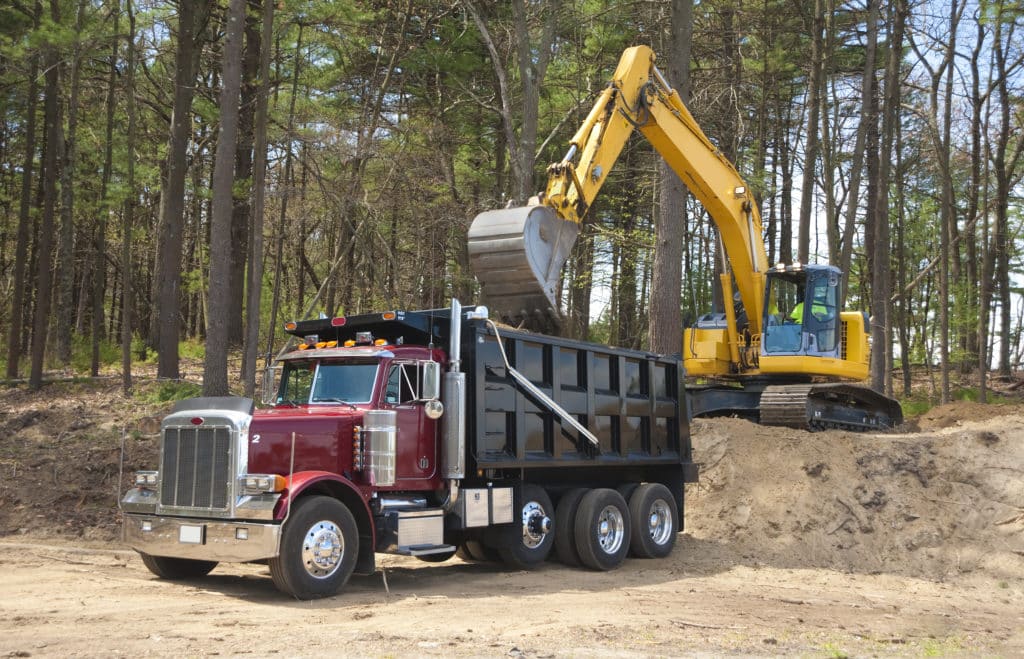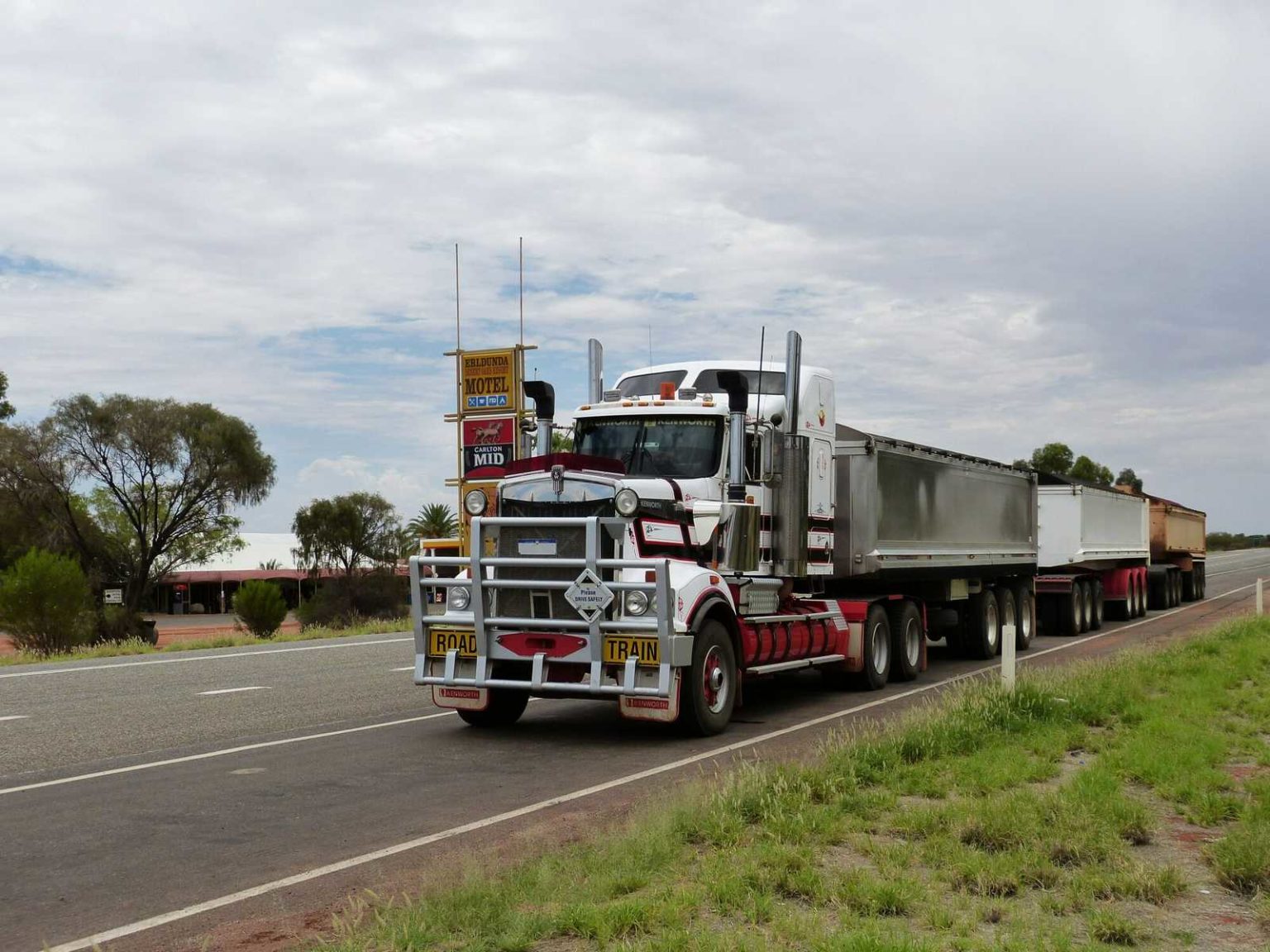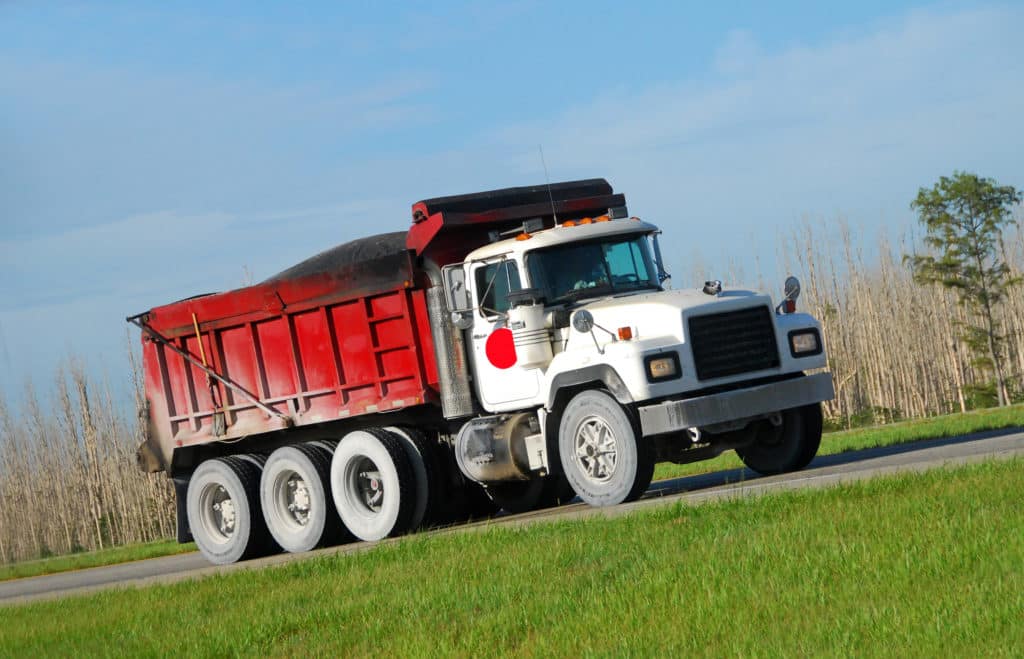Ridesharing and courier services provide customers with much-needed convenience, and they are a great way for businesses to expand their reach. At the same time, insurance on vehicles used for these services is not cut and dry. Operators, whether they are independent or work for a delivery service, need to know their insurance requirements to avoid huge penalties for claims.
Isn’t Having Personal Auto Insurance Enough?
The world would be a simpler place if all delivery and rideshare drivers needed was to have personal auto insurance. After all, if you’re driving with your personal vehicle, what more could you need? Unfortunately, that’s not quite the case.
Commercial vehicles are any vehicles used for business, and that distinction applies even if the company doesn’t own the vehicle. When you work for a larger entity, that additional coverage is a nice little bonus to help keep you safe. If you’re an independent driver, such as for Uber, things start to get murky.
In short, personal auto insurance isn’t enough to cover you. If an accident occurs while you’re in the process of a delivery or drop off – i.e., work – your insurance company won’t cover the damages. This puts you in a bad position.
How to Get the Appropriate Insurance
To keep yourself from paying the full cost of an accident, you need to have the correct type of insurance coverage. If you work for a delivery service, such as for a pizza shop, you’re in a bit more luck. These businesses tend to have commercial insurance that will cover you if you get into an accident during a delivery.
Things are a bit more complicated for rideshare drivers. Most popular rideshare services, such as Uber and Lyft, have coverage policies that protect drivers while on the job. The specifics of each rideshare service vary, so it’s best to read your full manual and service agreement to understand when you’re covered, when you’re not, and how much that insurance is worth.
Even if your rideshare service provides insurance, you still need to check with your personal insurance company. There’s a chance that using your vehicle for commercial purposes may affect your personal policy. In some cases, it may invalidate your insurance.
Thankfully, the growing demand for rideshare and delivery services has made an impact on the insurance world, and many companies are offering specific policies tailored for people who work in these industries. Your best bet is to be open with your insurance company and learn what your options are before starting any work, so you can prevent any nasty surprises in the future.

Sources:
https://www.thebalance.com/will-my-car-insurance-cover-me-if-i-deliver-pizza-527070
https://www.answerfinancial.com/insurance-center/how-does-car-insurance-work-for-uber-drivers
https://therideshareguy.com/how-delivery-insurance-works-and-options-for-drivers/








